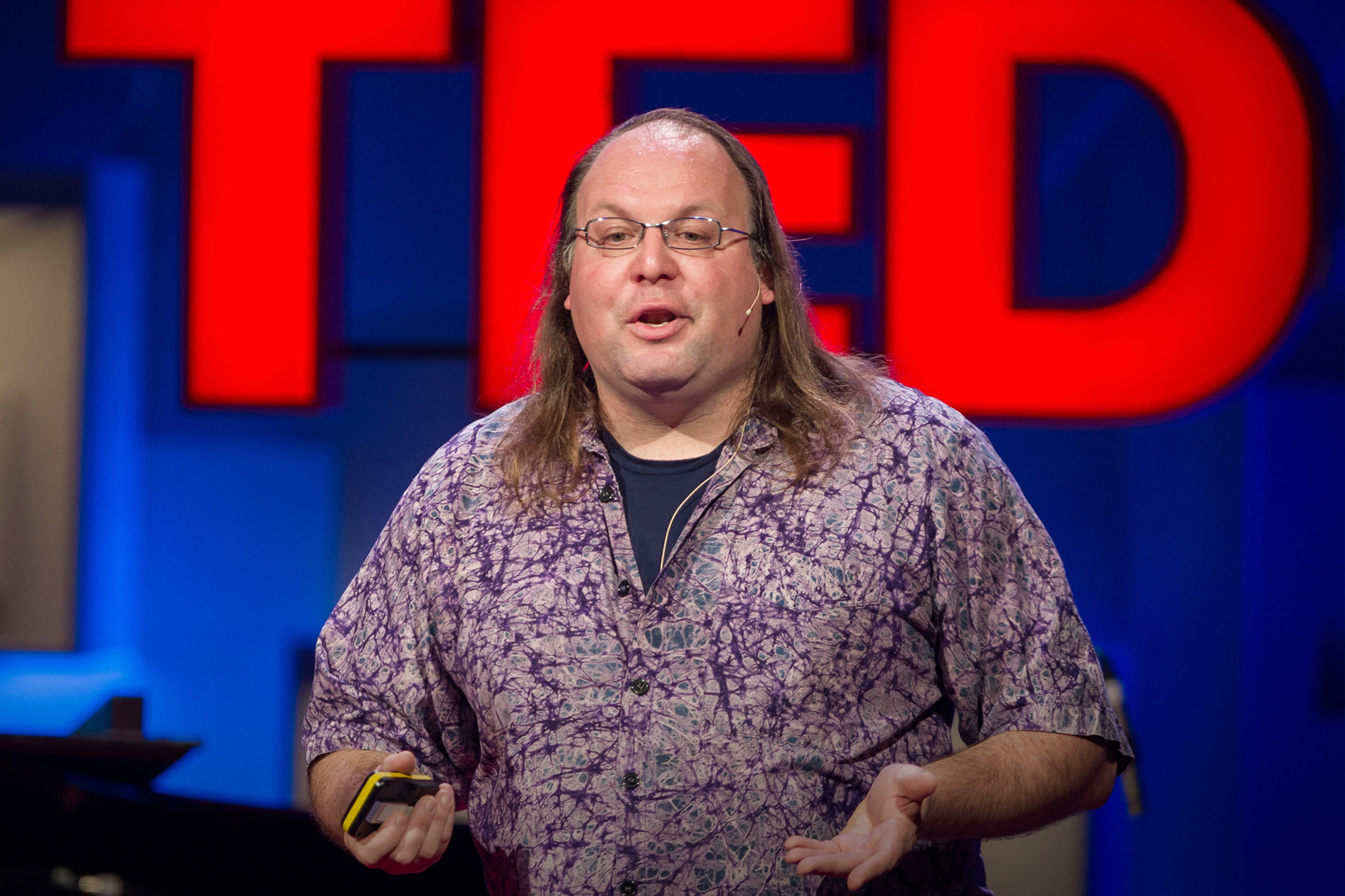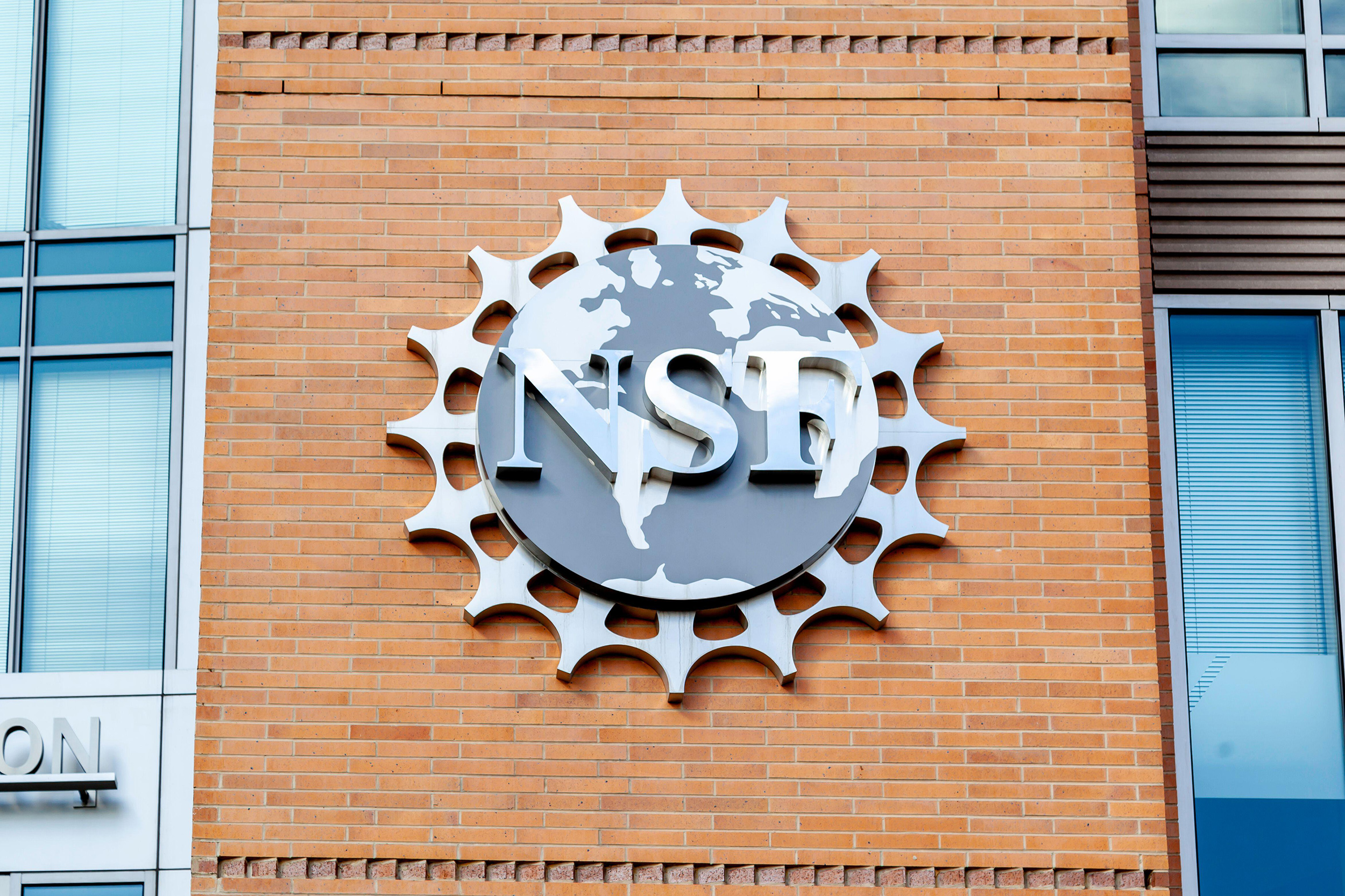The National Science Foundation (NSF) is a supposedly independent agency of the US federal government that was set up in 1950 to support fundamental research and education in all the non-medical fields of science and engineering.
Today, it funds about a quarter of all federally supported basic research that goes on in American colleges and universities. In some fields, such as mathematics, computer science, economics and the social sciences, the NSF is the main source of federal funding.
And in recent decades, it has devoted billions of dollars to attract more women and members of other underrepresented groups into the Stem fields – science, technology, engineering and mathematics.
On 18 April, though, the research community that depends on the agency had a nasty shock. Henceforth, the NSF announced, those latter initiatives were “no longer aligned with its priorities” and it was terminating any existing grant designed to improve the demographics of the scientific workforce.
Oh, and grants related to “misinformation/disinformation” were also being axed because that kind of research “could be used to infringe on the constitutionally protected speech rights of American citizens across the US in a manner that advances a preferred narrative about significant matters of public debate”.
So if you were a researcher thinking of applying for funding to estimate the percentage of AI-powered bots now operating on X (neé Twitter), forget it.
The proximate cause of this Trumpian assault on knowledge and truth-seeking is executive order 14173 of 21 January on “ending illegal discrimination and restoring merit-based opportunity”, which was drafted to curtail the supposed “disastrous consequences of illegal, pernicious discrimination that has prioritised how people were born instead of what they were capable of doing”.
Which is a bit rich when you think of the occupant of the White House.
The executive order makes for interesting reading. It’s so bombastic in tone, and so internally contradictory in places, that it’s hard to believe that it could provide the basis for an aggressive campaign to undermine leading American institutions and, if possible, bring them to heel. And yet that is what’s happening.
The US is the “science superpower”, as the journal Nature put it last month. “For more than eight decades, it has stood unrivalled as the world’s leader in scientific discovery and technological innovation. Collectively, US universities spin off more than 1,100 science-based startup companies each year, leading to countless products that have saved and improved millions of lives, including heart and cancer drugs, and the mRNA-based vaccines that helped to bring the world out of the Covid pandemic”.
Newsletters
Choose the newsletters you want to receive
View more
For information about how The Observer protects your data, read our Privacy Policy
This dominance was the legacy of the second world war, when close partnerships between government-funded university labs and companies were an integral part of the national effort. These partnerships endured through the postwar era.
If you look at the evolution of many technologies we use today – the internet and the smartphone, to name just two – you’ll find timelines in which government-funded research and industrial R&D are inextricably mixed.
The Silicon Valley tech lords who like to vaunt their gilded ingenuity wilfully forget that their fortunes are built on stuff that the US taxpayers originally funded. No corporation in the world, for example, would have built the internet. And the infant US semiconductor industry was nursed into life by military procurement of its first products.
In its obsession to purge research programmes in areas it dislikes – climate science, diversity, equity and inclusion, or social science – the Trump regime is taking a wrecking ball to this remarkable innovation ecosystem. The surest way to lose talented people is to make them feel unwanted or officially disrespected.
That’s already well under way. In my day job, I have recently been at two international academic conferences that were attended, as usual, by prominent researchers from the US.
It was astonishing – and disturbing – to find that a few of them, including senior professors who are American citizens, were travelling with “burner” phones. One of the delegates was even running the Tails operating system – a tool for turning a laptop temporarily into a secure machine – on his computer.
These are precautions academics used to have to take when visiting China a decade or two ago. It was sobering to see Americans adopting them now because of the problems that some academics returning to the US have reported.
In one well-known case, a French researcher was recently turned away at the border after authorities searched his computer and phone during a random check and found private messages in which the scientist had expressed unfavourable opinions about the Trump administration.
Which explains why this columnist will not be visiting the US any time soon.

What I’m reading
Lizard brain
Old Ways of Thinking About New Problems is a marvellous Substack blogpost by Rob Nelson.
Bad habits
An astute Substack piece by Christina Pagel warning against “Trump fatigue” is Don’t Get Used to It – It’s What Autocracies Rely On.
Political machine
AIxDemocracy: What Are the Politics of AI? is a characteristically thoughtful essay by Ethan Zuckerman.

